Entertainment
Breaking Down How ‘Love at First Sight’ Compares to YA Novel Inspiration on September 16, 2023 at 8:52 pm Us Weekly
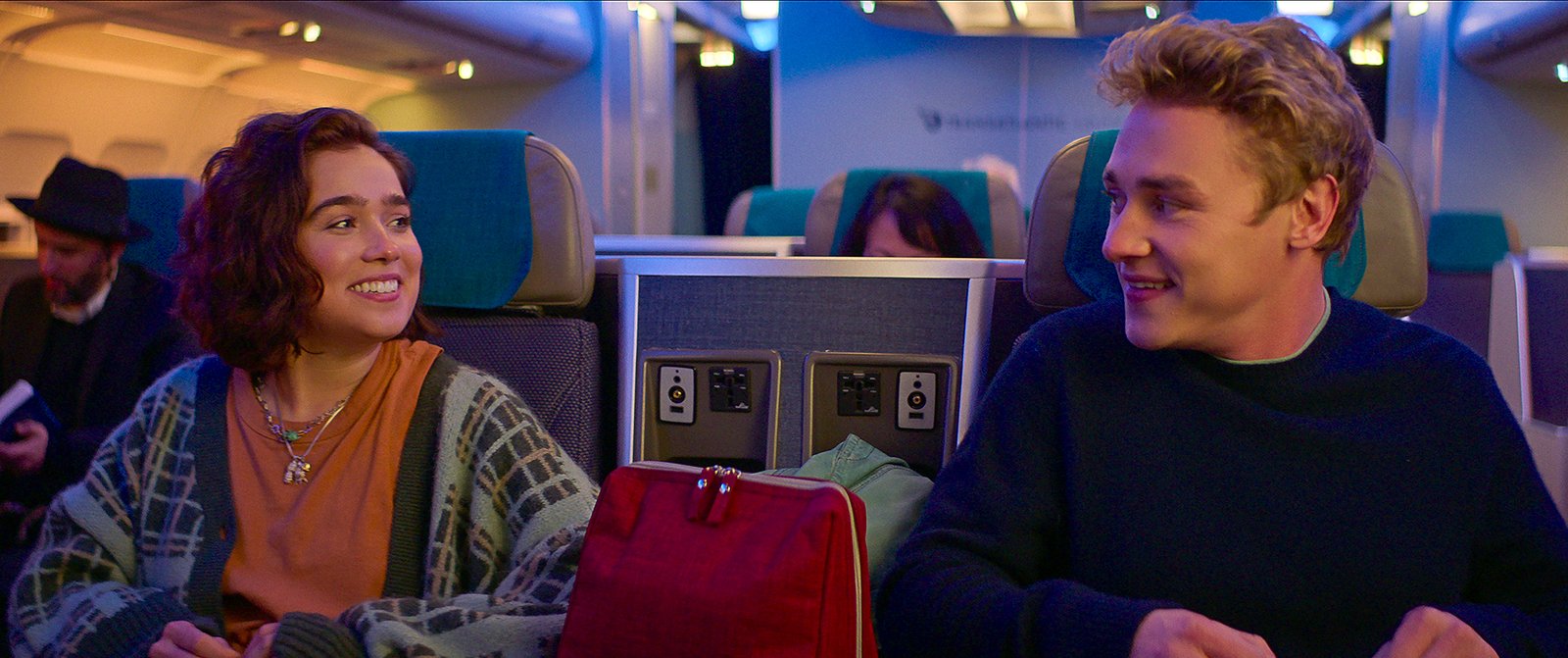
Haley Lu Richardson and Ben Hardy star in our latest Netflix romantic comedy obsession, Love at First Sight, which was adapted from Jennifer E. Smith’s 2012 novel of a nearly identical name.
Smith’s The Statistical Probability of Love at First Sight kicked off with high school senior Hadley Sullivan narrowly missing her flight to London for her dad’s second wedding. Her replacement flight seats her beside British college student Oliver, who is returning home for a funeral. Throughout the course of the novel, the twosome connect over life, love and everything in between — in a single day.
It was announced in April 2022 that Netflix planned to bring Smith’s bestselling words to life starring Richardson and Hardy as Hadley and Oliver, respectively.
“They’ve shortened the title, but it’s still the same story you’ve loved all these years, and I hope you’ll love the film version just as much,” Smith wrote via Instagram in January, referring to the film’s abbreviated name.
Love at First Sight premiered Friday, September 15, on Netflix.
Keep reading for a breakdown of how Love at First Sight compares to its literary inspiration:
Age Gaps
While the book versions of Hadley and Oliver are 17 and 18, respectively, they’ve been aged up for the big screen treatment. In the film, Hadley is 20 and Oliver is two years older than her at 22.
Haley Lu Richardson as Hadley Sullivan and Ben Hardy as Oliver Jones in ‘Love at First Sight.’ Courtesy of Netflix
Descriptive Discrepancies
Eagle-eyed book lovers will note that the movie took a few liberties with some minuscule details, especially in regard to Hadley’s bridesmaid dress (maroon in color instead of lavender) and the location and venue of Hadley and Oliver’s respective events. (For what it is worth: Shoreditch and Kensington are two very distinct areas in London, as are Paddington and Peckham.)
Perhaps the biggest change was the plane seating configuration. In The Statistical Probability of Love at First Sight, Hadley and Oliver are assigned the window and aisle seats in row 18. (Oliver ends up taking the middle seat to chat with Hadley, switching spots with an older woman.) In the Netflix flick, they both end up seated in a business-class two-seater.
A New Addition
There is no narrator as a person in the book, which meant a role was added in the film for Jameela Jamil. The Good Place alum even popped into various scenes as different characters to help move the story along.
Oliver’s Entire Backstory
Oliver, who is given the surname Jones in the movie despite never having a last name in the novel, has a completely different background. In the book, he is the youngest of three boys and is estranged from his father, whose funeral he was set to attend. In the movie, Oliver just has one brother and he is close to his happily married parents. The funeral is a “living memorial” for his mother, who is dying of cancer.
The new backstory allowed viewers to also see the story from Oliver’s side instead of solely Hadley’s point-of-view like the novel.
Haley Lu Richardson as Hadley Sullivan and Ben Hardy as Oliver Jones in ‘Love at First Sight.’ Courtesy of Netflix
Losing an Entire Character — or Two
While Hadley was upset with her dad, Andrew Sullivan, in both the book and movie for leaving her family post-divorce, she leaned on her mom on the page. Hadley’s mother was not featured in the movie nor was Hadley’s almost-stepfather Harrison. (Movie Hadley’s phobia of dentists had Us wondering if it was a subtle reference to Harrison’s dental profession.)
Inside the ‘Memorial’
With the movie giving more access to Oliver, it also allowed fans (and Hadley) to go into his mom’s memorial and meet his family. As pointed out above, the tweak allows viewers to see Oliver’s emotions and vulnerabilities whereas he was a fairly one-dimensional book love interest.
A Dickensian Connection
Book Hadley and her dad had a huge bond over Charles Dickens and his novel Our Mutual Friend. The movie left that connection completely intact.
Jameela Jamil as Narrator in ‘Love at First Sight.’ Rob Baker Ashton/Netflix
Ripped From the Page
Faithful book readers will be delighted that several exact lines and jokes were replicated in the Netflix script — including the last scene’s final dialogue when Oliver mutters the complete book title for the first time.
A New Ending
The Statistical Probability of Love at First Sight ends with the pair reuniting at the end of the day, whereas Jamil’s character gives movie fans a brief “epilogue” of sorts. In a voiceover, she teases where Oliver and Hadley end up long after the onscreen day ends.
Love at First Sight is currently streaming on Netflix.
Haley Lu Richardson and Ben Hardy star in our latest Netflix romantic comedy obsession, Love at First Sight, which was adapted from Jennifer E. Smith’s 2012 novel of a nearly identical name. Smith’s The Statistical Probability of Love at First Sight kicked off with high school senior Hadley Sullivan narrowly missing her flight to London
Us Weekly Read More
Entertainment
What We Can Learn Inside 50 Cent’s Explosive Diddy Documentary: 5 Reasons You Should Watch
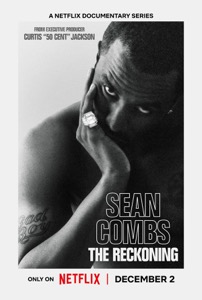
50 Cent’s new Netflix docuseries about Sean “Diddy” Combs is more than a headline-grabbing exposé; it is a meticulous breakdown of how power, celebrity, and silence can collide in the entertainment industry.
Across its episodes, the series traces Diddy’s rise, the allegations that followed him for years, and the shocking footage and testimonies now forcing a wider cultural reckoning.
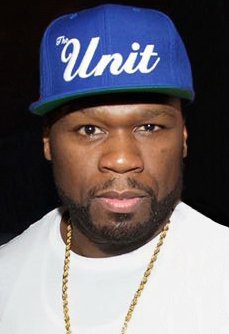
1. It Chronicles Diddy’s Rise and Fall – And How Power Warps Reality
The docuseries follows Combs from hitmaker and business icon to a figure facing serious criminal conviction and public disgrace, mapping out decades of influence, branding, and behind-the-scenes behavior. Watching that arc shows how money, fame, and industry relationships can shield someone from scrutiny and delay accountability, even as disturbing accusations accumulate.
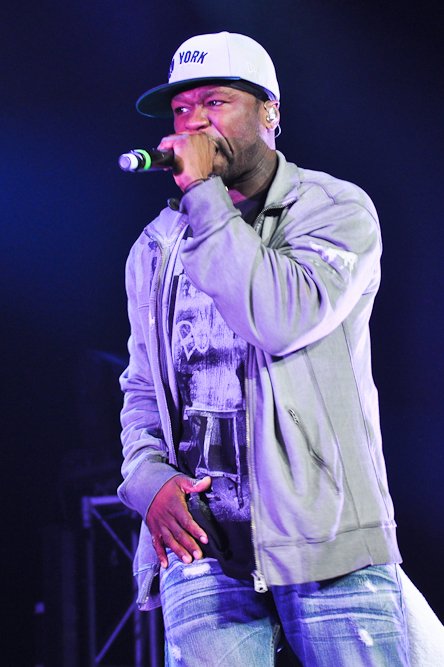
2. Never-Before-Seen Footage Shows How Narratives Are Managed
Exclusive footage of Diddy in private settings and in the tense days around his legal troubles reveals how carefully celebrity narratives are shaped, even in crisis.
Viewers can learn to question polished statements and recognize that what looks spontaneous in public is often the result of strategy, damage control, and legal calculation.
3. Survivors’ Stories Highlight Patterns of Abuse and Silence
Interviews with alleged victims, former staff, and industry insiders describe patterns of control, fear, and emotional or physical harm that were long whispered about but rarely aired in this detail. Their stories underline how difficult it is to speak out against a powerful figure, teaching viewers why many survivors delay disclosure and why consistent patterns across multiple accounts matter.
4. 50 Cent’s Approach Shows Storytelling as a Tool for Accountability
As executive producer, 50 Cent uses his reputation and platform to push a project that leans into uncomfortable truths rather than protecting industry relationships. The series demonstrates how documentary storytelling can challenge established power structures, elevate marginalized voices, and pressure institutions to respond when traditional systems have failed.
5. The Cultural Backlash Reveals How Society Handles Celebrity Accountability
Reactions to the doc—ranging from people calling it necessary and brave to others dismissing it as a vendetta or smear campaign—expose how emotionally invested audiences can be in defending or condemning a famous figure. Watching that debate unfold helps viewers see how fandom, nostalgia, and bias influence who is believed, and why conversations about “cancel culture” often mask deeper questions about justice and who is considered too powerful to fall.
Entertainment
South Park’s Christmas Episode Delivers the Antichrist
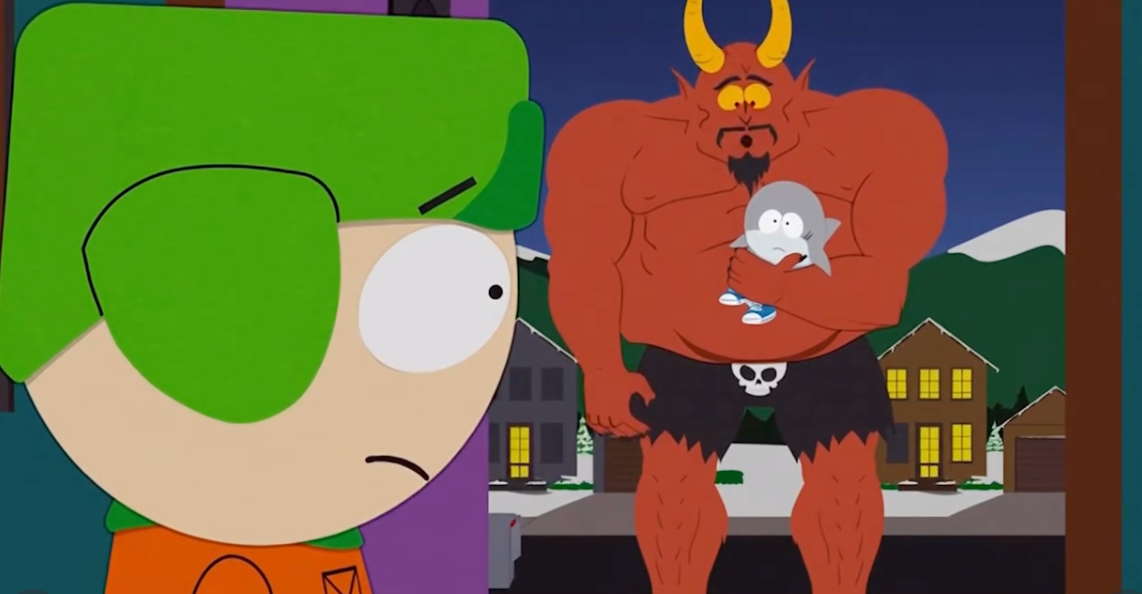
A new Christmas-themed episode of South Park is scheduled to air with a central plot in which Satan is depicted as preparing for the birth of an Antichrist figure. The premise extends a season-long narrative arc that has involved Satan, Donald Trump, and apocalyptic rhetoric, positioning this holiday episode as a culmination of those storylines rather than a stand‑alone concept.
Episode premise and season context
According to published synopses and entertainment coverage, the episode frames the Antichrist as part of a fictional storyline that blends religious symbolism with commentary on politics, media, and cultural fear. This follows earlier Season 28 episodes that introduced ideas about Trump fathering an Antichrist child and tech billionaire Peter Thiel obsessing over prophecy and end‑times narratives. The Christmas setting is presented as a contrast to the darker themes, reflecting the series’ pattern of pairing holiday imagery with controversial subject matter.
Public and political reactions
Coverage notes that some figures connected to Donald Trump’s political orbit have criticized the season’s portrayal of Trump and his allies, describing the show as relying on shock tactics rather than substantive critique. Commentators highlight that these objections are directed more at the depiction of real political figures and the show’s tone than at the specific theology of the Antichrist storyline.
At the time of reporting, there have not been widely reported, detailed statements from major religious leaders focused solely on this Christmas episode, though religion-focused criticism of South Park in general has a long history.
Media and cultural commentary
Entertainment outlets such as The Hollywood Reporter, Entertainment Weekly, Forbes, Slate, and USA Today describe the Antichrist arc as part of South Park’s ongoing use of Trump-era and tech-world politics as material for satire.
Viewer guidance and content advisory
South Park is rated TV‑MA and is intended for adult audiences due to strong language, explicit themes, and frequent use of religious and political satire. Viewers who are sensitive to depictions of Satan, the Antichrist, or parodies involving real political figures may find this episode particularly objectionable, while others may view it as consistent with the show’s long‑running approach to controversial topics. As with previous episodes, individual responses are likely to vary widely, and the episode is best understood as part of an ongoing satirical series rather than a factual or theological statement.
Entertainment
Sydney Sweeney Finally Confronts the Plastic Surgery Rumors
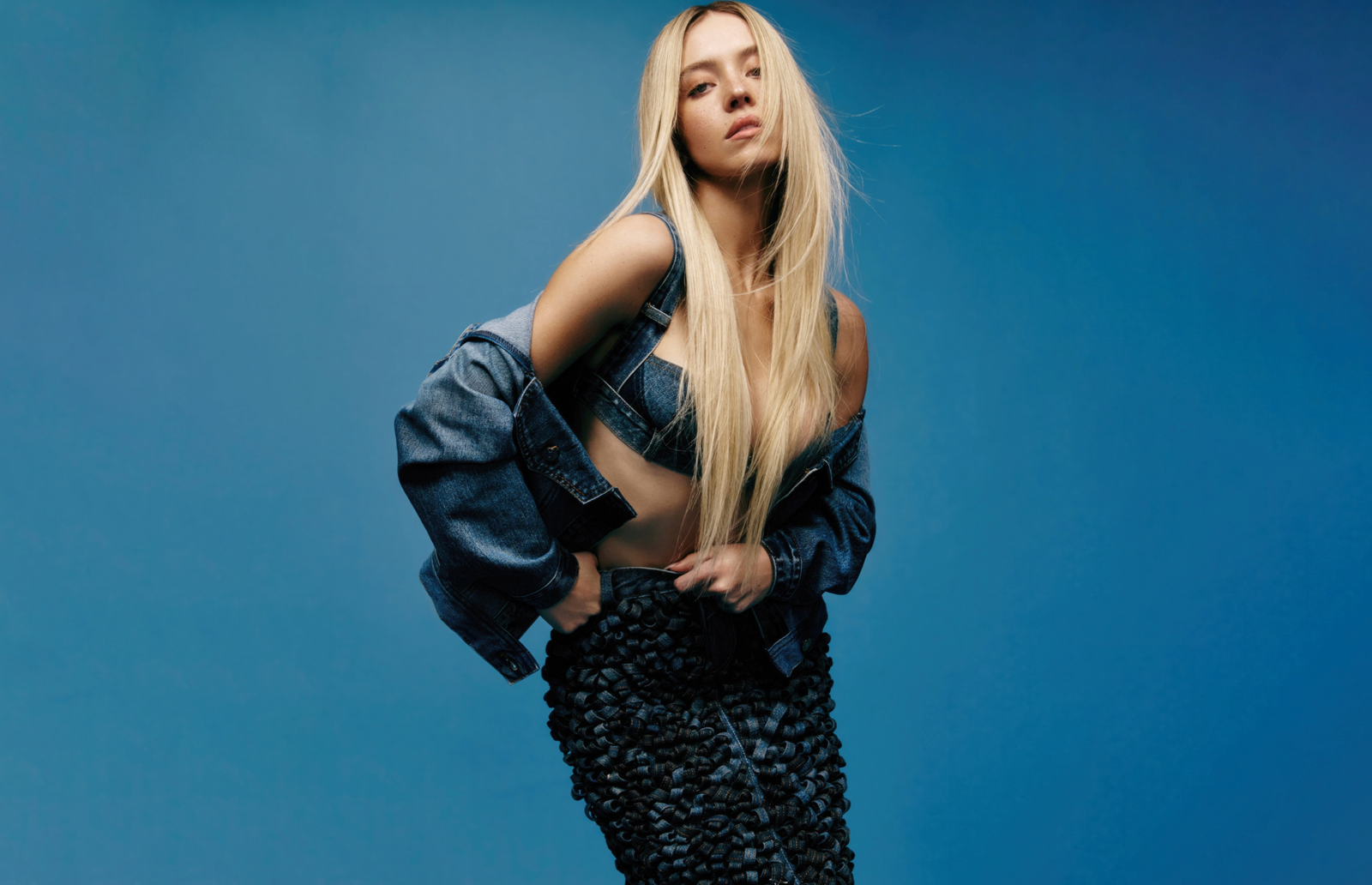
Sydney Sweeney has decided she is finished watching strangers on the internet treat her face like a forensic project. After years of side‑by‑side screenshots, “then vs now” TikToks, and long comment threads wondering what work she has supposedly had done, the actor is now addressing the plastic surgery rumors directly—and using them to say something larger about how women are looked at in Hollywood and online.
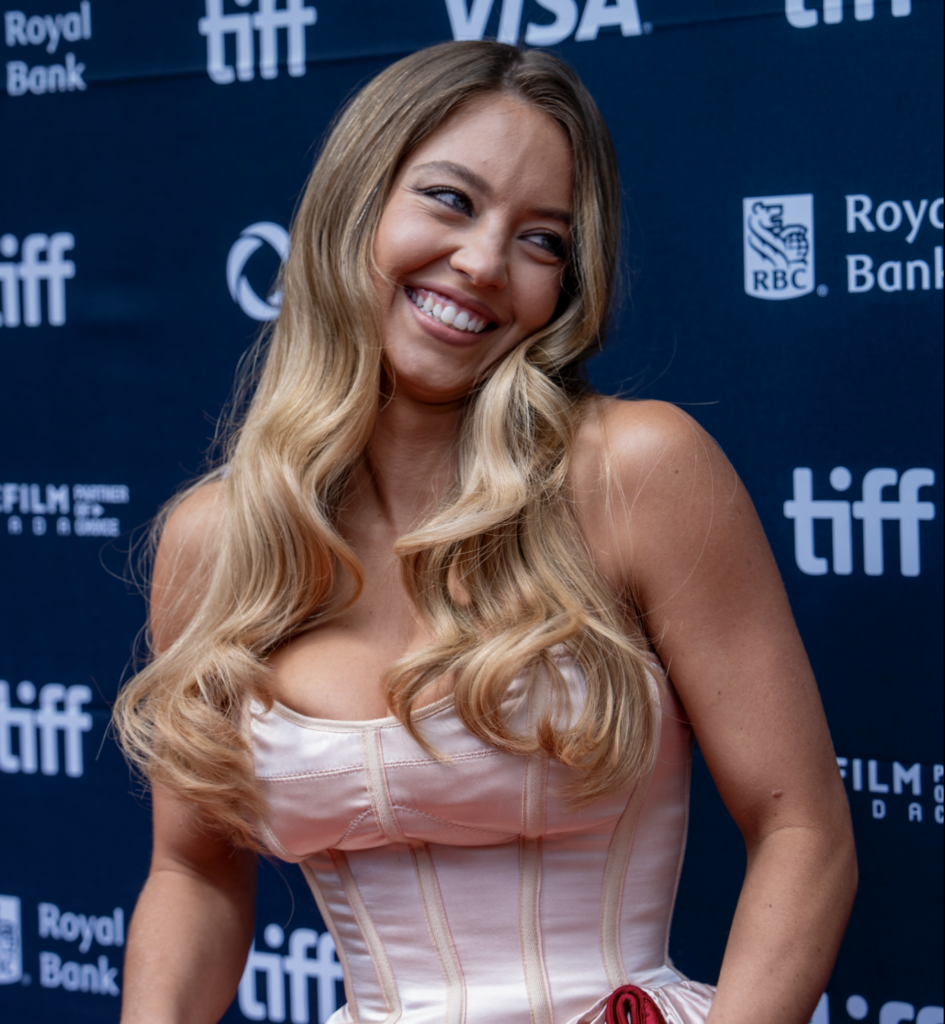
Growing Up on Camera vs. “Before and After” Culture
Sweeney points out that people are often mistaking normal changes for procedures: she grew up on camera, her roles now come with big‑budget glam teams, and her body has shifted as she has trained, aged, and worked nonstop. Yet every new red‑carpet photo gets folded into a narrative that assumes surgeons, not time, are responsible. Rather than walking through a checklist of what is “real,” she emphasizes how bizarre it is that internet detectives comb through pores, noses, and jawlines as if they are owed an explanation for every contour of a woman’s face.
The Real Problem Isn’t Her Face
By speaking up, Sweeney is redirecting the conversation away from her features and toward the culture that obsesses over them.
She argues that the real issue isn’t whether an actress has had work done, but why audiences feel so entitled to dissect her body as public property in the first place.
For her, the constant speculation is less about curiosity and more about control—another way to tell women what they should look like and punish them when they do not fit. In calling out that dynamic, Sweeney isn’t just defending herself; she is forcing fans and followers to ask why tearing apart someone else’s appearance has become such a popular form of entertainment.












